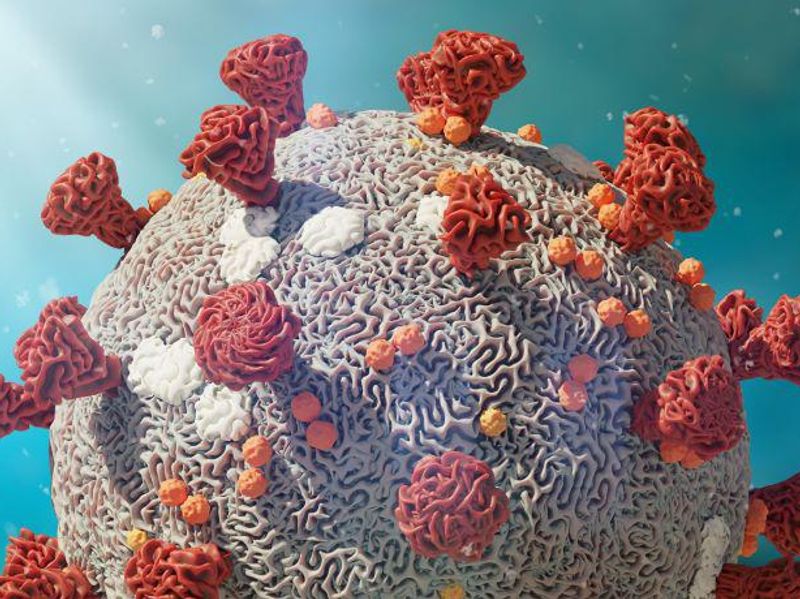MONDAY, Dec. 5, 2022 (HealthDay News) — The last of six COVID-19 monoclonal antibody treatments has lost its federal authorization because, like the others, it no longer works against the newest omicron subvariants.
This last monoclonal antibody was bebtelovimab, delivered as a one-hour intravenous infusion. The U.S. Food and Drug Administration said in a statement announcing the authorization withdrawal that the drug was “not expected to neutralize omicron subvariants BQ.1 and BQ.1.1.”
Those subvariants are now responsible for nearly 62 percent of new infections in the United States, according to the U.S. Centers for Disease Control and Prevention. “The big problem is that monoclonal antibodies bind to a very small piece of the virus. As the virus changes, we are now in a position in which we lost them all because they don’t bind to the virus anymore,” Arturo Casadevall, M.D., a professor of medicine at the Johns Hopkins School of Medicine in Baltimore, told NBC News.
Bebtelovimab had been recommended for certain patients taking immunosuppressants, including cancer or transplant recipients, because the antiviral pill Paxlovid can interact negatively with those drugs, NBC News reported. Paxlovid is still available as a treatment for others at high risk for severe COVID-19.
Immunocompromised patients can still receive convalescent plasma. “It has thousands of different antibodies, so convalescent plasma has a lot of breadth that is not found in the monoclonals,” Casadevall explained.
New monoclonal antibodies that are a better fit to new COVID-19 subvariants may still become available over time. The pharmaceutical company AstraZeneca is developing an antibody cocktail that could be ready by year’s end. And an Eli Lilly spokesman said the company is searching for and evaluating potential monoclonal antibodies, NBC News reported.
Copyright © 2022 HealthDay. All rights reserved.


